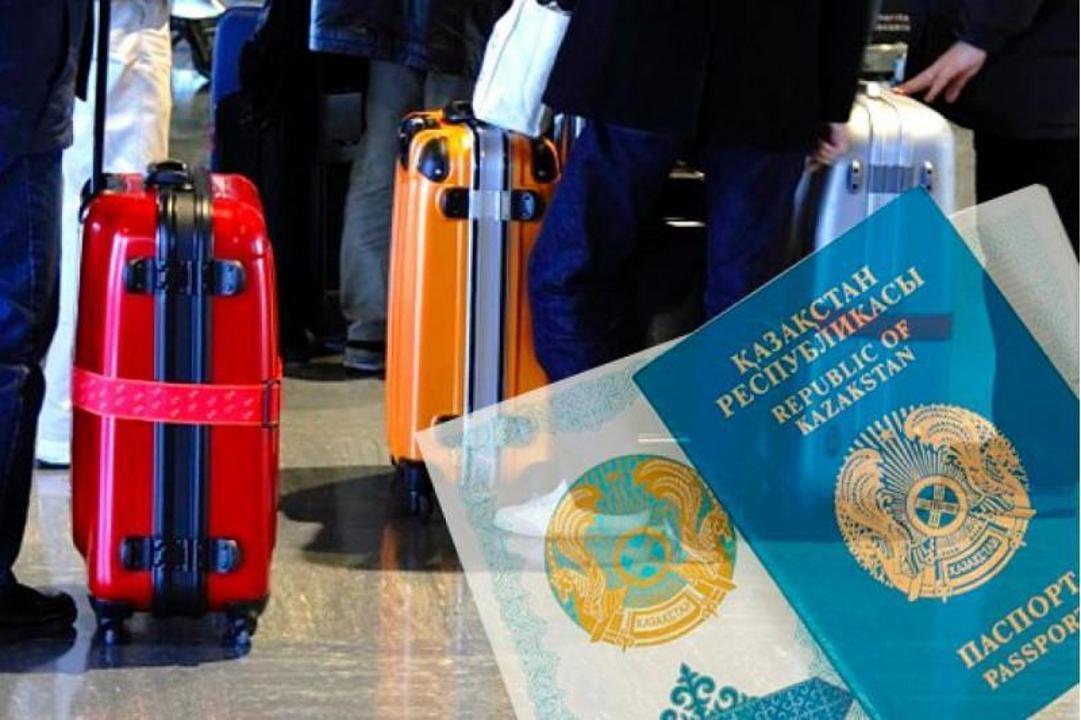ASTANA – Kazakhs living abroad strengthen the unity of Kazakhstan’s people. Despite physical distance from their homeland, they play a significant role in the country’s development, prosperity, and cultural preservation. They foster unity by maintaining strong connections with other Kazakh expatriates and their families, fostering a sense of community and solidarity, providing mutual support in times of need, and celebrating their shared identity, according to an analytical article in Kazinform news agency.

Photo credit: gov.kz
According to data from the Fund of Compatriots, the number of Kazakhs living outside of Kazakhstan may reach five million, with over three million officially recorded across more than 40 countries.
Currently, 1.6 million Kazakhs live in China, 591,000 in Russia, and 821,000 in Uzbekistan. These individuals found themselves abroad due to geopolitical shifts, with significant populations also living in Mongolia (121,000), the Kyrgyz Republic (35,000), Türkiye (30,000), the United States (17,000), Iran (10,000), and Turkmenistan (9,000).
During the 1950s, Kazakhs from Altai migrated to Türkiye, followed by migrations to European countries in the 1960s and 1970s. Their descendants, reaching 17,000 in Germany, 2,000 in France, 1,000 in the United Kingdom, and others across Europe, maintain ties to their Kazakh heritage.
However, precise data on Kazakhs studying, working, or residing abroad for other reasons remains elusive. Nevertheless, estimates suggest significant populations in Russia, Türkiye, Germany, the United States, South Korea, Poland, the United Kingdom, Canada, and Sweden.
Over 200 associations and organizations unite Kazakhs abroad, notably in Russia, Uzbekistan, Europe, Asian countries, the United States, and Canada.
Celebrating tradition and cultivating solidarity
According to Shynar Imankul, the Central Asia External Affairs Coordinator at the Boston Dental Clinic in South Korea, the number of Kazakhs in South Korea exceeds 40,000. However, official data suggests a range between 10,000 and 32,000.
Imankul underscores the organized nature of Kazakhs in Korea, where each individual typically participates in multiple chat groups dedicated to local associations. These platforms facilitate the integration of newcomers by providing support in areas such as housing, employment, and entrepreneurial endeavors.

Kazakh diaspora in Korea. Photo credit: inform.kz
“Celebrations of Kazakh holidays, like Nauryz, are prominent. This year it was conducted with the assistance of organizations such as the Armandas-ai Center, which promote community engagement and networking events,” she said.
Dauren Abdikerim, echoing Imankul’s view, highlighted the role of their organized nature in preserving Kazakh culture and assisting newcomers.
“We organize concerts, showcasing Kazakh songs and dances, enriching local cultural life,” he said. “Our organization provides crucial support to newly arrived Kazakhs, from meeting them at the airport to assisting with accommodation, employment, and adaptation.”
Zhuldyzai Ismailova, who lives in the United States, acknowledged the challenges in quantifying the Kazakh population due to varying legal statuses. However, she estimated around 100,000 people reside in the country.
“The unity among our citizens in the United States is facilitated by digital communication channels like WhatsApp and Telegram which offer support on various everyday issues, from banking to obtaining driver’s licenses,” she said.
Ismailova emphasized the role of Kazakh diasporas and associations across all 50 states in uniting Kazakhs to celebrate Independence Day, Nauryz, and Ait, among other celebrations.
Despite geographical dispersion, Kazakh diasporas in Europe and the United States demonstrate solidarity, particularly during crises like the COVID-19 pandemic.
Ruslan Tokbolat, co-chair of Birlik, a Kazakh-Swiss association, underscored the close-knit nature of Kazakh communities in Europe, emphasizing unity regardless of arrival time or background.
“We aim to unite all compatriots and Kandas, working and living together in harmony,” he said.
The article was originally published in Kazinform.

